Alek Wek: Why We Should ALL Care About World Refugee Day
Alek Wek arrived in the UK as a refugee from Sudan aged 14. Five years later she was scouted by a top London agency and went on to take the fashion world by storm. Wek has never forgotten the experience of fleeing from her home and has been a passionate advocate for refugees for many years.
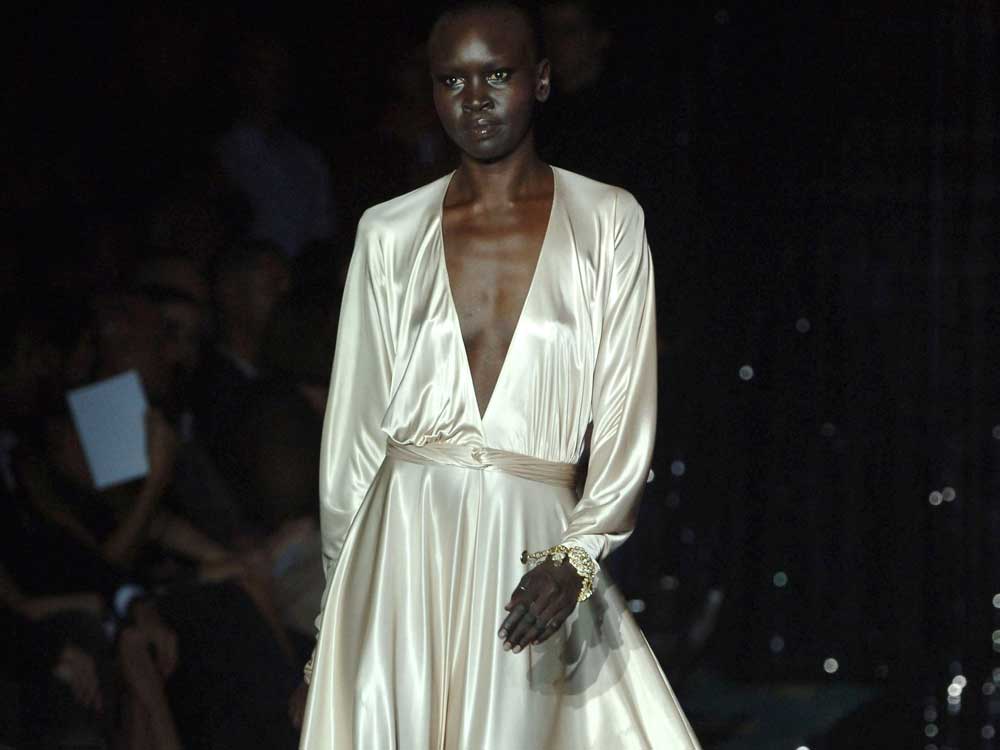
Alek Wek arrived in the UK as a refugee from Sudan aged 14. Five years later she was scouted by a top London agency and went on to take the fashion world by storm. Wek has never forgotten the experience of fleeing from her home and has been a passionate advocate for refugees for many years.
In 2013 she was appointed a Goodwill Ambassador for UNHCR, the UN Refugee Agency. To mark World Refugee Day, she shares her story and tells us why we should all care.
'My commitment to refugees comes from a very personal place. I grew up in southern Sudan, one of nine children. Our life was simple but very happy. When I was a girl, civil war in Sudan forced me to flee my home town of Wau. I remember three days of shooting before we left. Everyone was terrified. War tore my family apart. My father’s health deteriorated and eventually we lost him. I was only 12 years old. I was forced to grow up very fast and leave the home that I loved.
But my father left me a precious gift: it was the education he made sure I received that enabled me to build a successful career in the fashion industry.
Modelling was an alien world to me; back home we had no concept of fashion. And I was alien to the fashion world. There were certainly no other dark skinned models with Dinka features. I believe my career has helped break prejudices and create new opportunities for African models.
Fashion has also given me a platform to raise awareness for refugees. My story illustrates that refugees are not so different to everybody else, not so alien after all. Walk down the street and look around you; I bet you can’t say who has a refugee story in their family and who does not. Maybe they came from Sudan, from Afghanistan, maybe they came from Bosnia, or maybe their grandparents fled Europe in the Second World War or even further back in time. There are invisible threads that connect all our stories. Just like you, refugees have families, routines, they want education and jobs for their children, they look like us, they hope like us
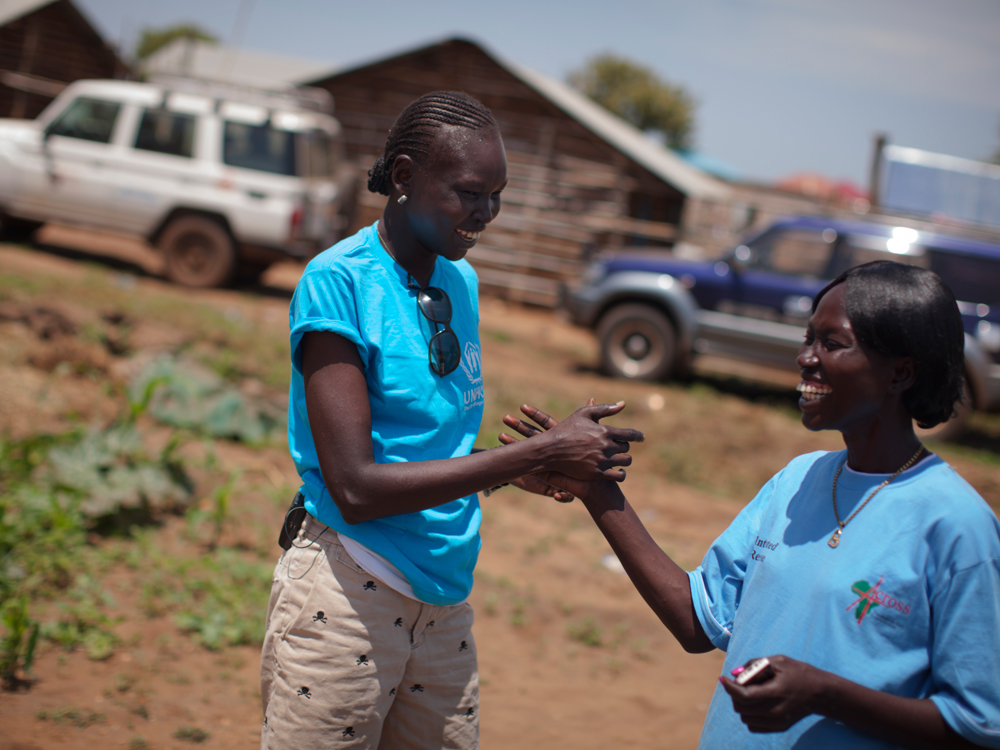
This World Refugee Day, I’d like to share these thoughts:
Marie Claire Newsletter
Celebrity news, beauty, fashion advice, and fascinating features, delivered straight to your inbox!
1. There is a lot of misunderstanding and prejudice about refugees.
No one chooses to be a refugee. People don’t want to leave their homes, they have no choice in the face of brutal violence. These are not people choosing to move country to have a better quality of life, they are running FROM something. Most refugees just want to go home and be reunited with their family and the land they love.
2. Most refugees are women and children.
They are often vulnerable, prey to exploitation and sexual violence. Children have witnessed what no child should see; just think of Syria or the Central African Republic. Traumatised, separated from home, their futures are uncertain. Unless we act, these children will form a lost generation.
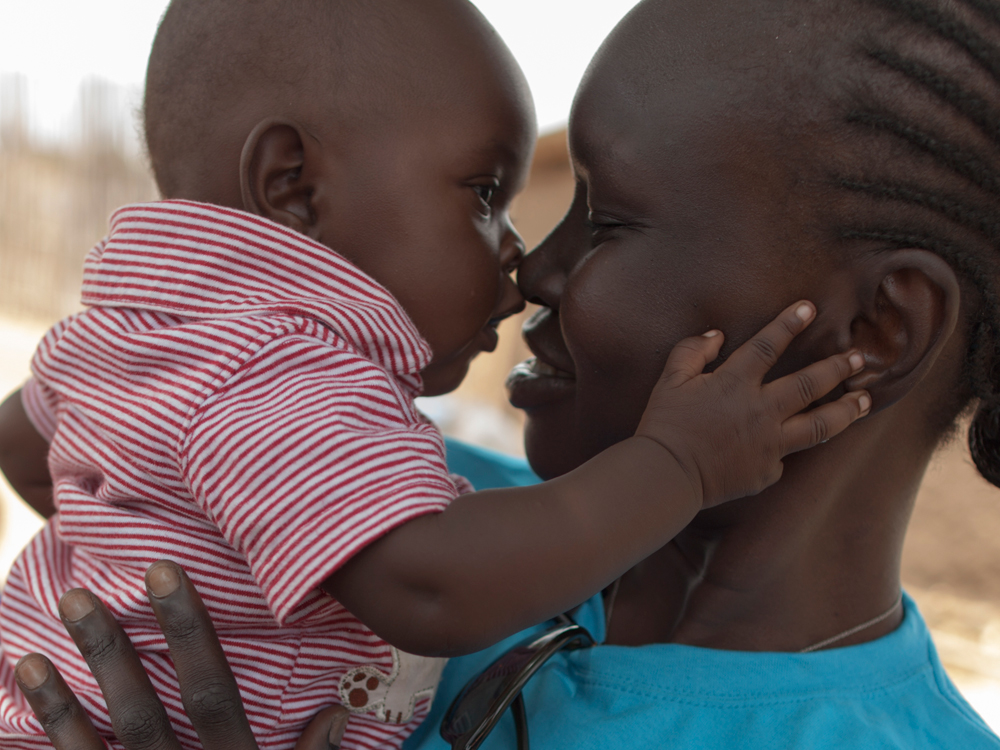
3. Refugees are victims, but they are also incredibly tough and resilient and they deserve our respect.
My mother did whatever she needed to feed her children and get them to safety. I have met parents who have literally carried their children across deserts, constantly at risk of attack, to find sanctuary.
4. Education is crucial to the futures of refugee children and something I feel passionately about.
When I returned to South Sudan in 2012 I met children who walked for two or three hours to get to secondary school.
5. Refugees enrich society and contribute to the community.
Did you know that Albert Einstein, Sigmund Freud, Marlene Dietrich, and artists like Chagall, Mondrian and Lucian Freud were refugees? Without refugees we wouldn’t have fish and chips, Marks and Spencer or the Mini. Or how about K’naan, MIA and even Freddie Mercury! I feel proud to belong to this community of famous refugees who have made a difference.
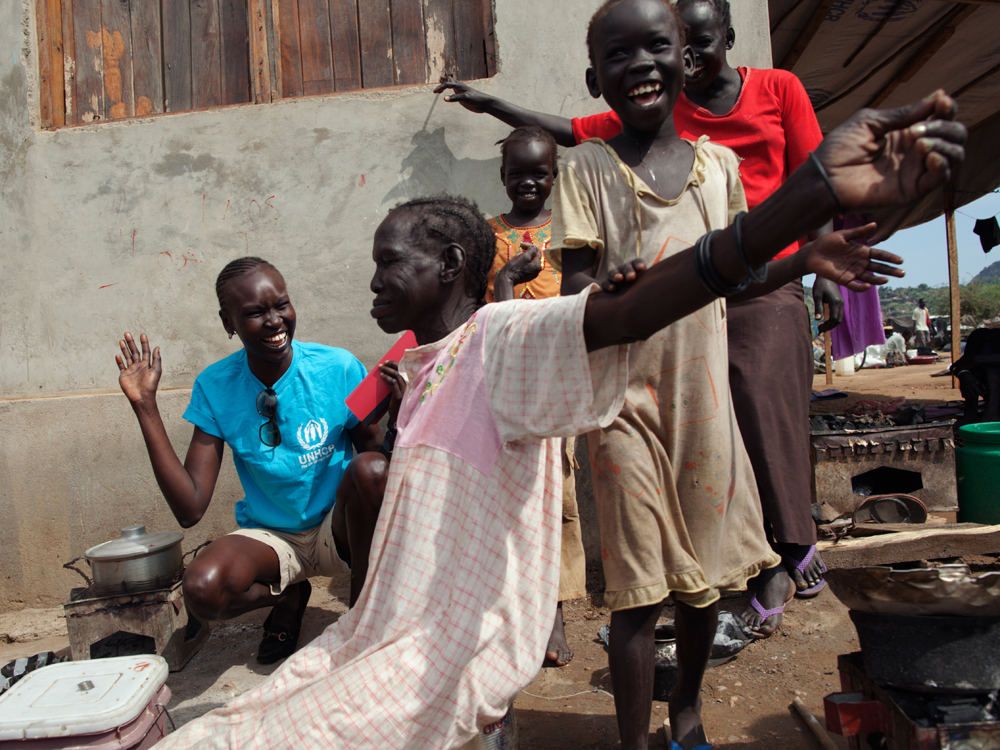
6. Global displacement is at its highest level for decades.
As conflicts erupt across the globe, more and more people are being forced from their homes in order to survive. We are talking nearly 50 million human beings. Each one a mother, father, son or daughter.
Ultimately the solution to these crises is political, but in the meantime organisations like UNHCR must take on the humanitarian burden of providing assistance. That might be tents, blankets and clean water. But it also means ensuring protection for the most vulnerable, education for refugee children, and support to find durable solutions, whether that be returning home or finding a new home.
7. UNHCR is a UN agency, but it has to raise every penny of the funding it needs to help refugees.
I’ve seen the work in the field and I know it makes a positive impact. Their staff are working on the frontline in some of the most dangerous environments in the world. They also have experts working with governments to ensure national policies and legislation protect the rights of the displaced.
I’d like to ask all of you to find out a bit more about refugees this World Refugee Day and maybe challenge some stereotypes. UNHCR is sharing refugee stories from past and present on its World Refugee Day platform: stories.unhcr.org/uk.
Take a look – you might be surprised!
The leading destination for fashion, beauty, shopping and finger-on-the-pulse views on the latest issues. Marie Claire's travel content helps you delight in discovering new destinations around the globe, offering a unique – and sometimes unchartered – travel experience. From new hotel openings to the destinations tipped to take over our travel calendars, this iconic name has it covered.
-
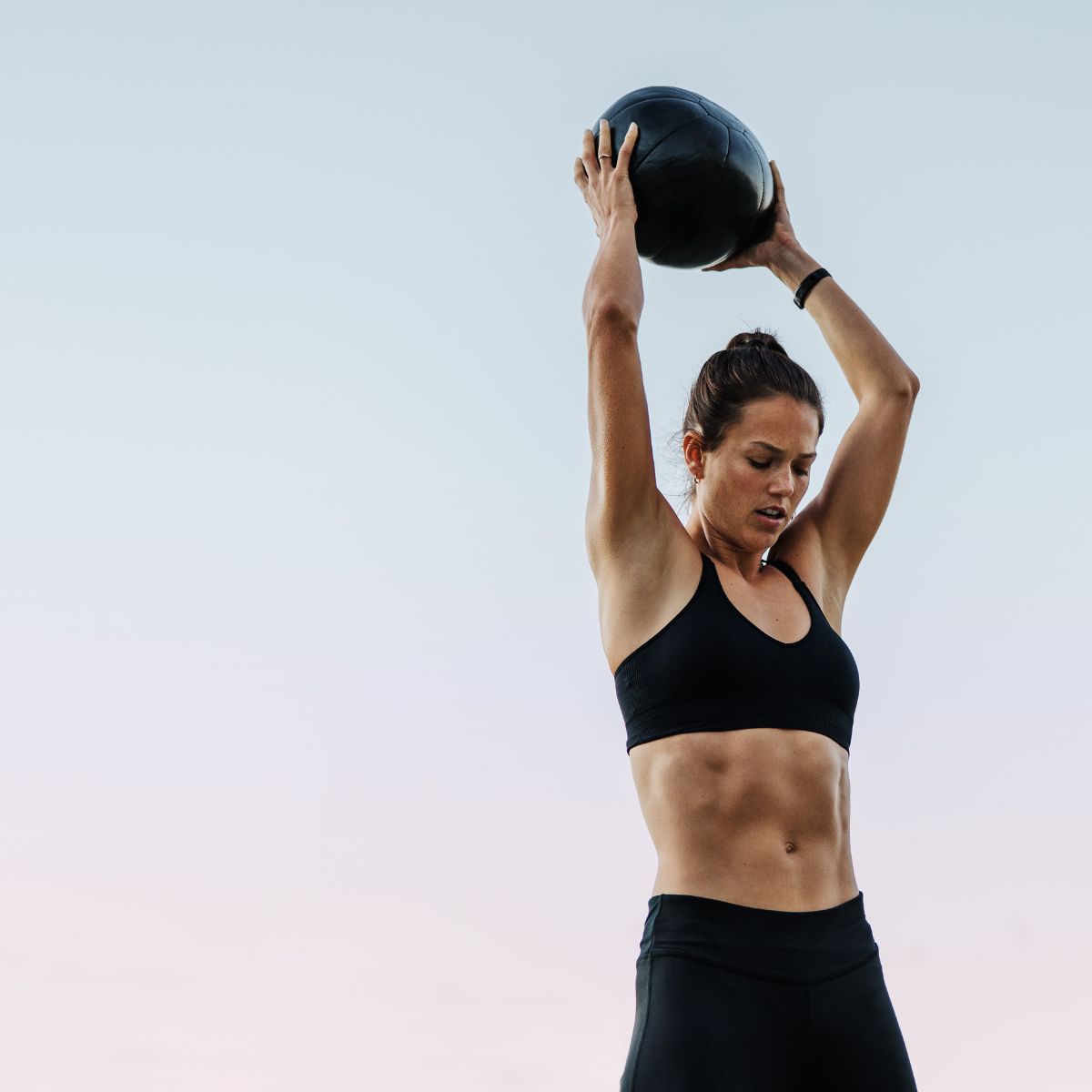 The viral 75 Medium challenge claims to be a friendlier alternative to the 75 Hard. So what do experts reckon?
The viral 75 Medium challenge claims to be a friendlier alternative to the 75 Hard. So what do experts reckon?Restrictive or effective?
By Katie Sims
-
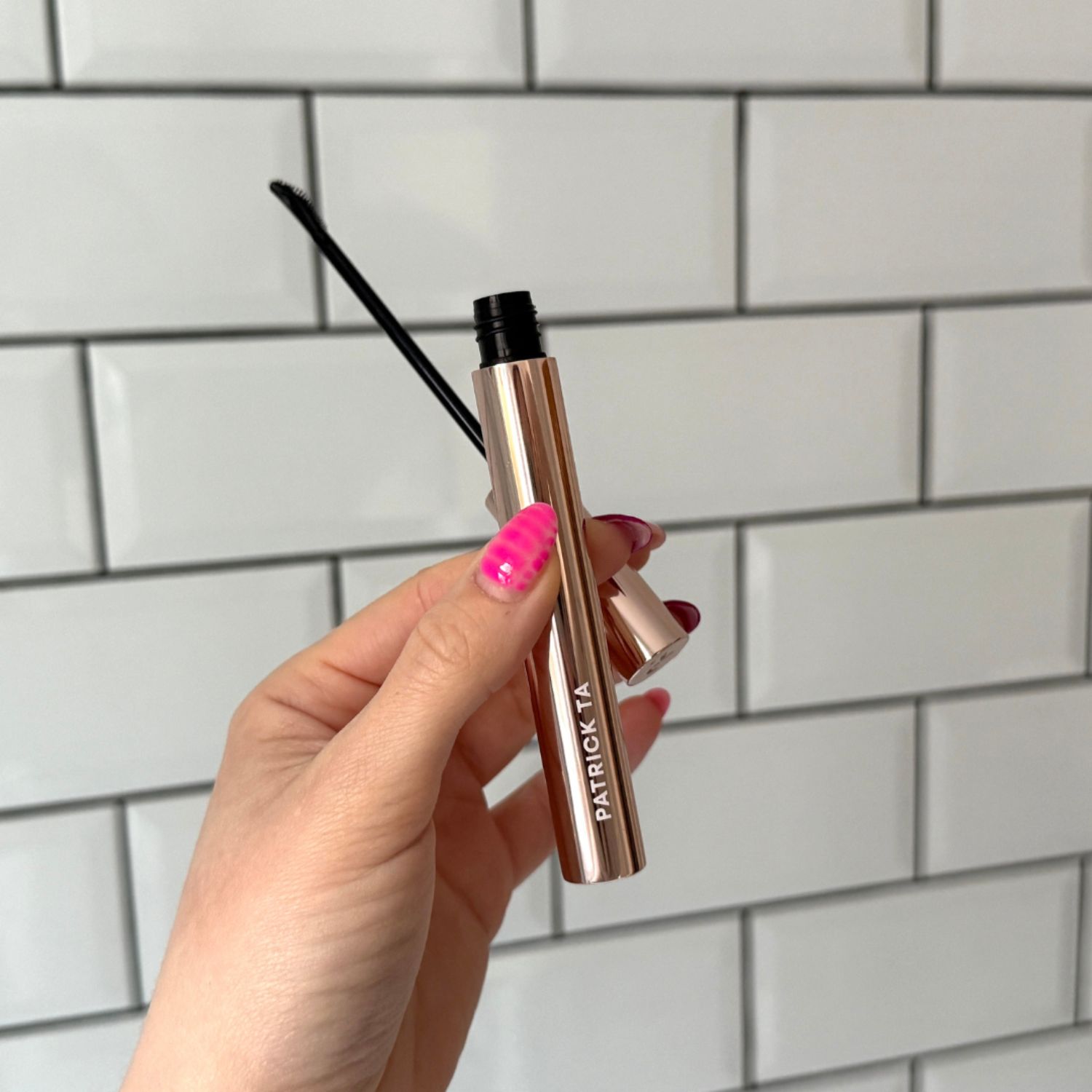 This is, without question, the best brow lamination-style gel I've ever used—and it rakes in compliments
This is, without question, the best brow lamination-style gel I've ever used—and it rakes in complimentsIf you like a lasting brushed-up brow look, you need this
By Lucy Abbersteen
-
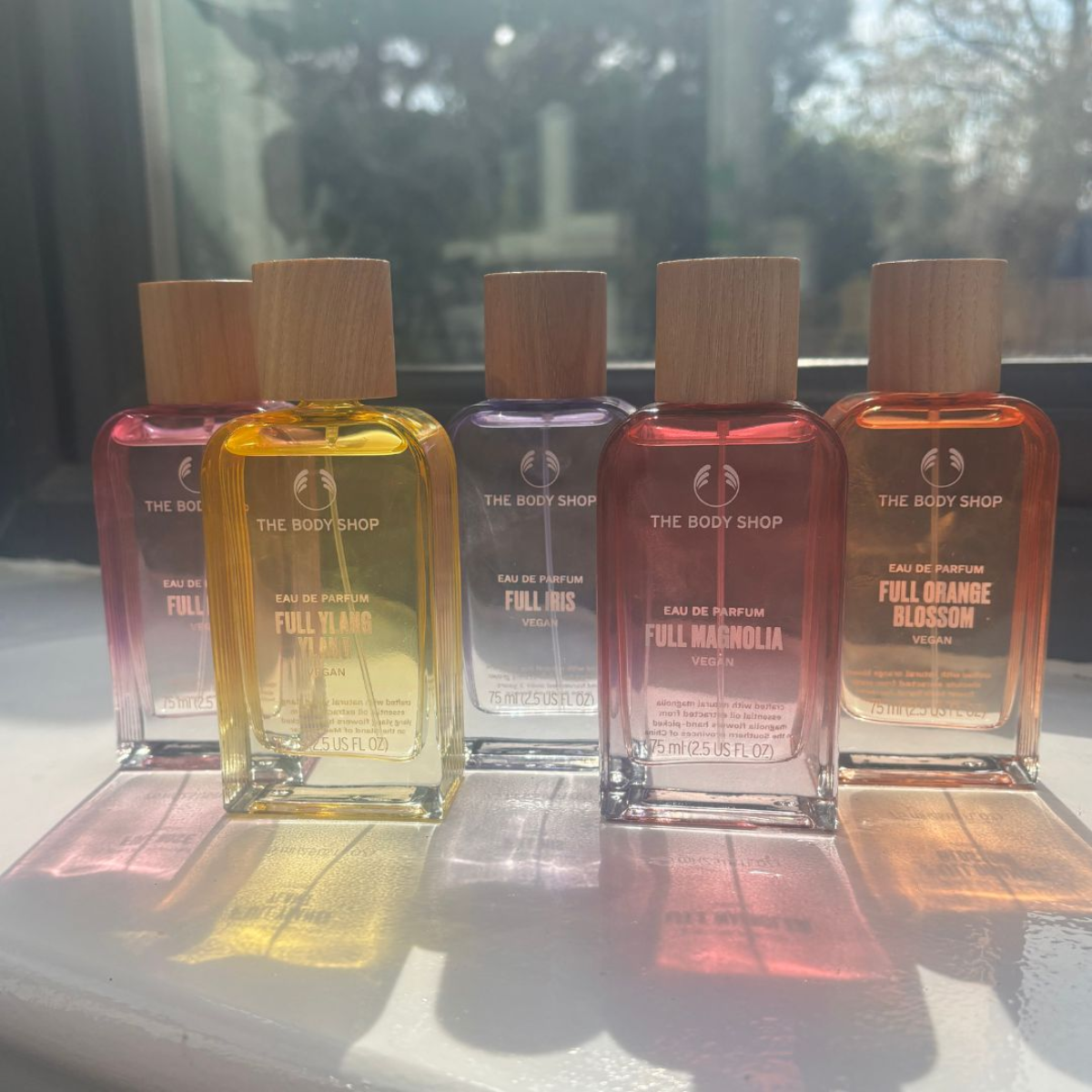 This new floral perfume collection is crying out for sunny weather—I can’t believe they’re all this good and under £45
This new floral perfume collection is crying out for sunny weather—I can’t believe they’re all this good and under £45Luxury notes on a budget
By Matilda Stanley